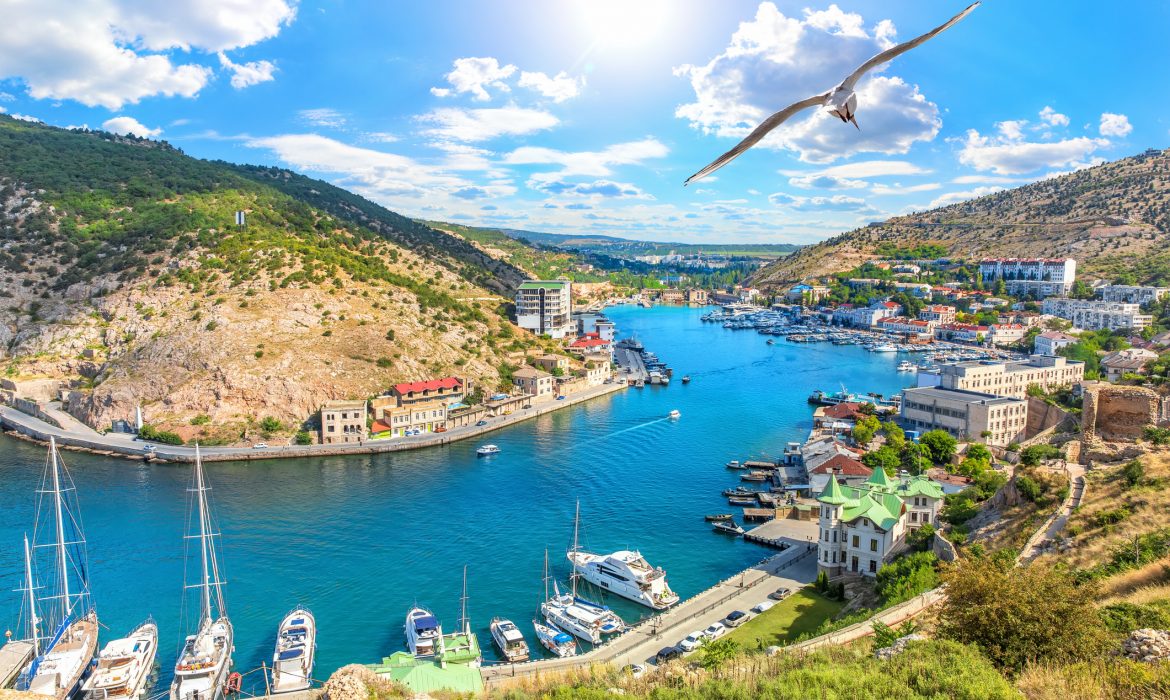Crimean hostel owner Natalia Kirichenko has given up hope of hosting guests this summer as the coronavirus outbreak threatens to ruin the economy of the tourism-dependent region that Russia annexed from Ukraine in 2014. Like more than half of the workforce on the Black Sea peninsula, Kirichenko’s livelihood depends on a steady influx of Russian tourists during its balmy summer months.
But with hotels and beaches closed, and few Russians able to travel and willing to observe a two-week quarantine upon their arrival, businesses and people reliant on Crimea’s tourism industry fear bankruptcy.
“If people come at all, they might trickle in at the end of July or in August,” said Kirichenko, who has begun delivering food to compensate for her empty 30-bed hostel in Sudak on Crimea’s southern coast.
“This won’t be a livelihood, but a hobby.”
Mriya Resort & SPA, another hotel located in the resort city of Yalta, has estimated it will lose 27% of its annual revenue even if it is authorised to reopen next month.
As much as half of Crimea’s tourism-oriented businesses could close down or go bankrupt by 2021 if this year’s tourist season doesn’t take place because of the coronavirus, said Pavel Lebedev, an official from the Russian Union of Industrialists and Entrepreneurs and Ukraine’s former defence minister.
The peninsula had as of Thursday recorded 447 coronavirus cases and four deaths.
Known as for its jagged coastline and mild climate, Crimea was a favoured destination for 19th century Russian nobility and for Soviet workers’ state-funded holidays.
Moscow’s annexation of Crimea in 2014, which led to a flurry of Western sanctions against Russia, marked a drastic shift in the peninsula’s tourism landscape as it had to reorient itself towards the Russian market.
Russian authorities have invested heavily in linking the peninsula to southern Russia, including by building a massive road and rail bridge.
“Our main task this year is to survive, not to make a profit,” said Natalia Stambulskaya, head of Crimea’s association of small hotels.






